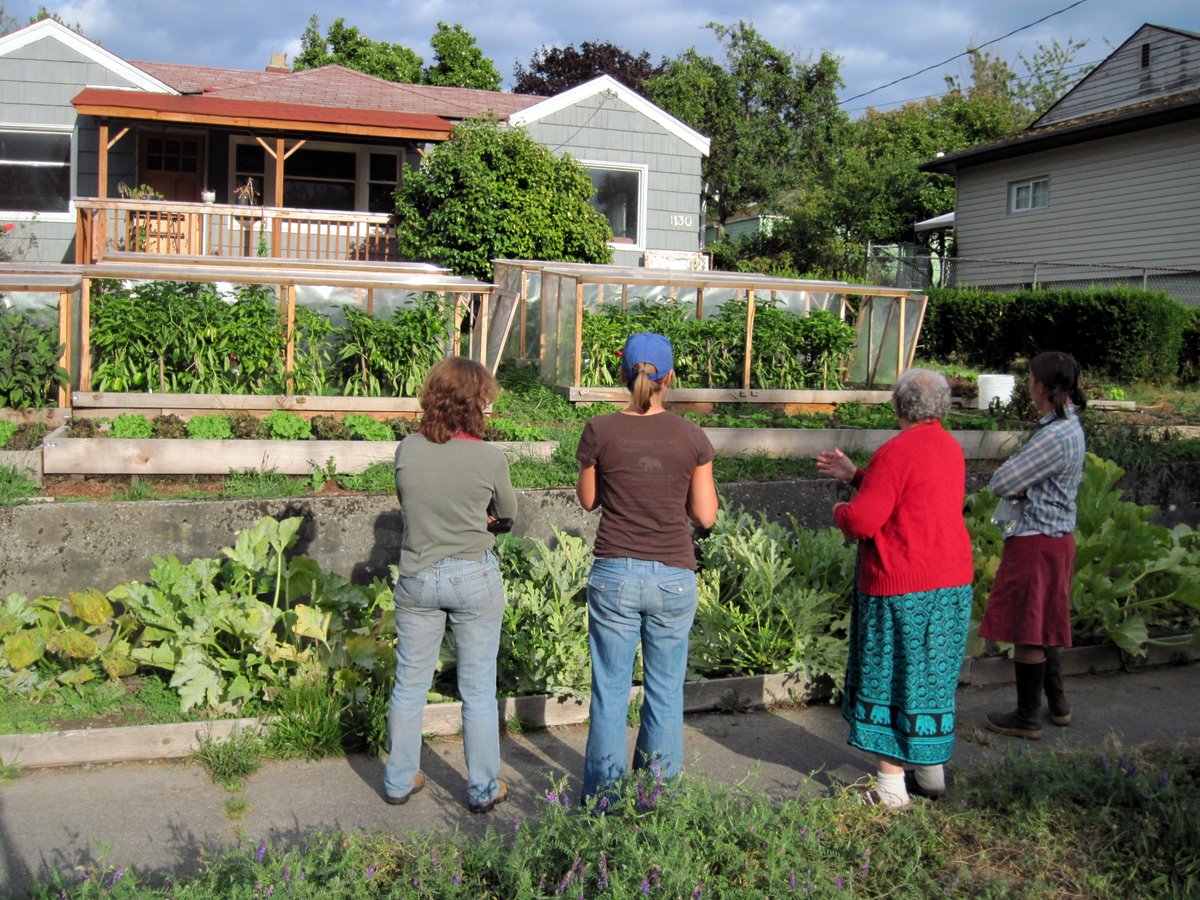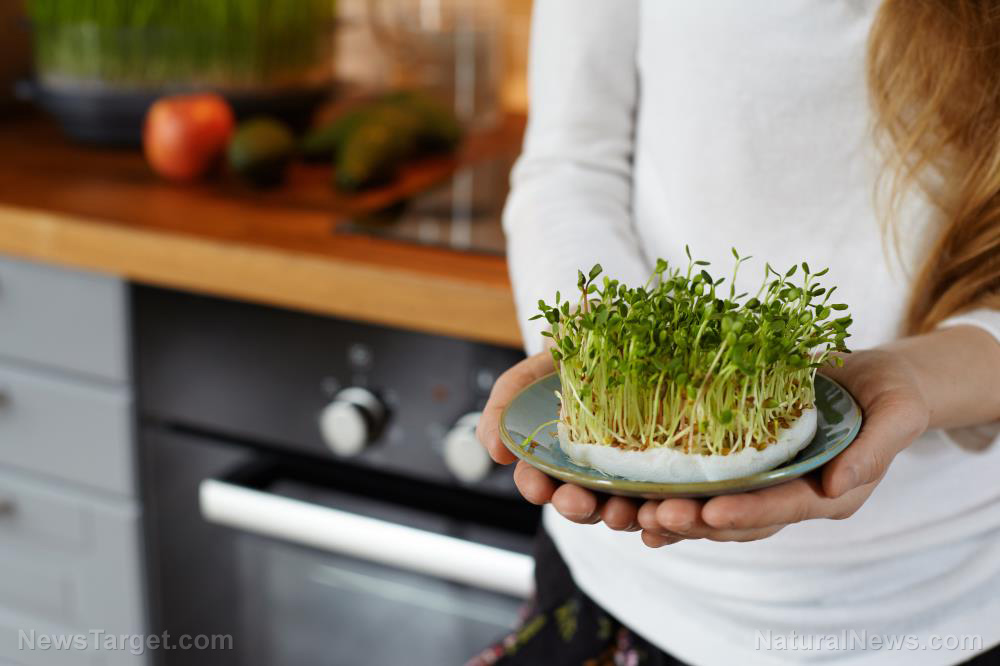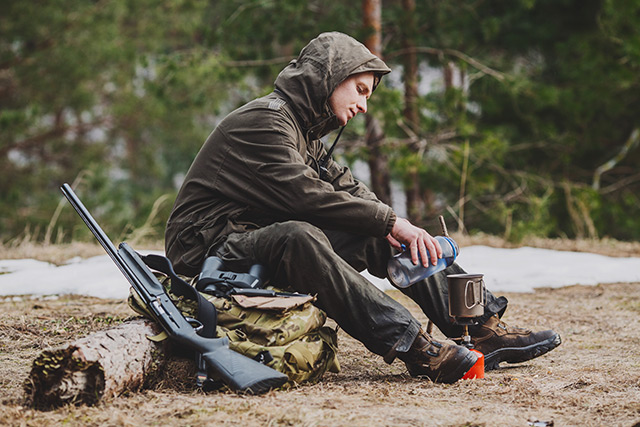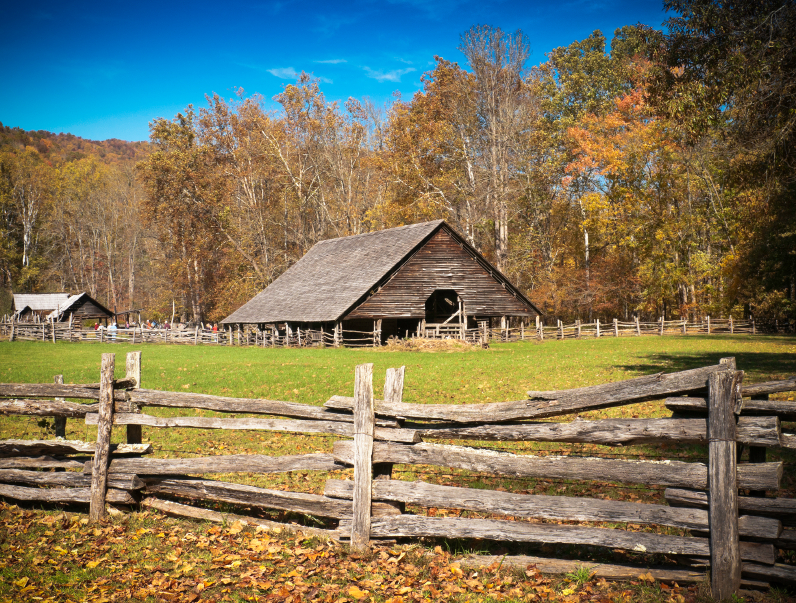Homesteading essentials for every off-grid family
06/28/2018 / By Zoey Sky

More families are expressing a desire to be self-sufficient, and if your family is one of them, you’ll benefit from some of the essentials included in this article. (h/t to DoomsdayMoose.com)
To become self-sufficient, homesteaders suggest keeping these four items in mind before you start living off-grid:
- Buy a composting toilet – Unlike a septic tank or leach bed, which can be difficult to deal with when winter comes, a composting toilet offers a safer way of managing fecal waste. Composting toilets are an ecologically friendly option, especially if your off-grid sewer option fails when you least expect it. Composting toilets don’t emit nasty odors, and they are sanitary.
- Decide on a heating fuel – Once you’ve determined the heating fuel you want to use in your homestead, prepare a backup plan. If you go with propane, which is an on-grid service, store some extra tanks on your property. With traditional off-grid heating fuel like wood, you just need to ensure that your stove or furnace can also burn standard logs. If you get a furnace that can also burn soft (bituminous) or hard (anthracite) coal, it’s possible to “store large supplies of heating fuel while having backup options.”
- Dig a well deep enough for your needs – This often depends on your location. Keep in mind that the depth of your well determines its flow rate and water quality. A shallow well may be good enough to provide your family with the quantity and quality of water that you need for a whole year, but a deeper and confined aquifer dug just above the impermeable bedrock may provide more or better water. Determine which region you are in so you can dig a well suited to the area. (Related: Off-grid living: Harvesting rainwater on a budget.)
- Harness renewable energy sources – Power generation and battery storage are important for modern homesteaders. Go with light-emitting diode (LED) lighting which uses only a fraction of the energy that both incandescent and fluorescent lights use. Make sure that majority of the electronics you own are low voltage. If it plugs in using USB cables, it is five volts. Your AC adapter that connects devices to a wall outlet converts the 120-volt household AC to the lower currents your portable devices need to charge. However, larger appliances like refrigerators consume more power. Combine solar, wind, and water current energy if you are near a fast-flowing stream so can have all the power you need for the whole year. If you have the means to acquire a home-sized windmill power generator, you will have a backup for your solar power panels, and you remain off-grid for your electricity needs.
Sponsored solution from the Health Ranger Store: Lab-verified Nascent Iodine solution is a dietary supplement that provides your body with supplemental iodine to help protect your thyroid during radiation exposure. Nuclear accidents such as Fukushima (or nuclear war) can expose your body to radioactive iodine-131, a dangerous radioisotope. Pre-loading your system with stable iodine occupies the iodine receptor sites on your organs, causing your body to naturally expel radioactive iodine you may have been exposed to through air, food, water or milk products. This defensive strategy is recommended by nearly all health authorities, worldwide, including the Nuclear Regulatory Commission. Discover more at this link.
Contrary to popular belief, homesteaders don’t have to give up necessities like indoor plumbing, water from a faucet, and electricity. Consider these off-grid living essentials so you can still have access to these public utilities without having to pay monthly bills or relying on energy infrastructures.
Other things to remember when starting a homestead
Aside from the four essentials listed above, keep these tips in mind before you start a homestead:
- Set realistic goals – When you’re planning a farm, keep it manageable. Three acres of land will be easier to maintain compared to 50 acres.
- Keep an eye on your expenses – Avoid overspending by only purchasing the things you need.
- Get used to improvising – Sometimes, the perfect homesteading tools aren’t sold in stores. Experiment with the tools you have on hand, and try to come up with your farming tricks.
- Be flexible – Don’t be too fixated on your goals. You’re a beginner, and you can always adjust your goals and deadlines.
You can read more articles about homesteading tips for beginners at Homesteading.news.
Sources include:
Tagged Under: bug out, energy sources, Essentials, green living, Homestead, homesteading, off grid, preparedness, prepper, prepping, renewable energy, self-sufficient, SHTF, survival, survivalist, sustainable living




















